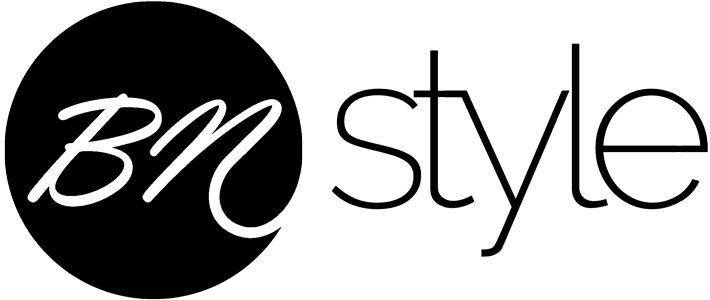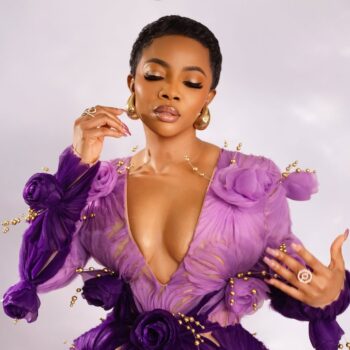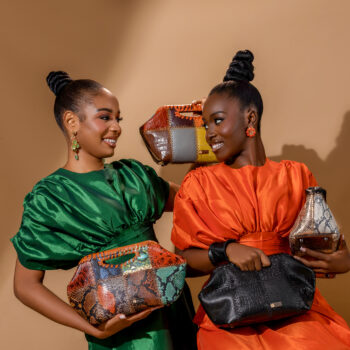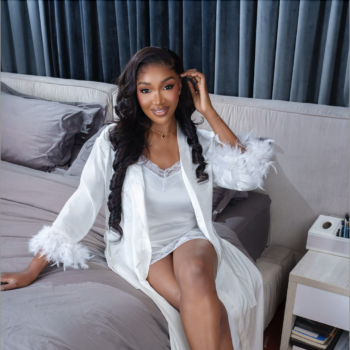Zara Odu is an undeniably powerful and ubiquitous force behind the scenes in the Nigerian fashion industry. And no, I am not just saying that because the fashion branding, communications and strategy supremo with off-duty supermodel looks and a wardrobe to match is my sister-in-law, which she is ( I am all about full disclosure and journalistic integrity here people). Hers is a story of tenacity, focus and drive to not only assist brands in charting the best course for long term growth, but also participating in the development in the Nigerian and African fashion industry. Catching a moment with the talented and super-busy multi-tasker and mother of one was a challenge, but this is only reflective of her growing portfolio of clients and the recent launch of her own organisation, Designers Consociate.
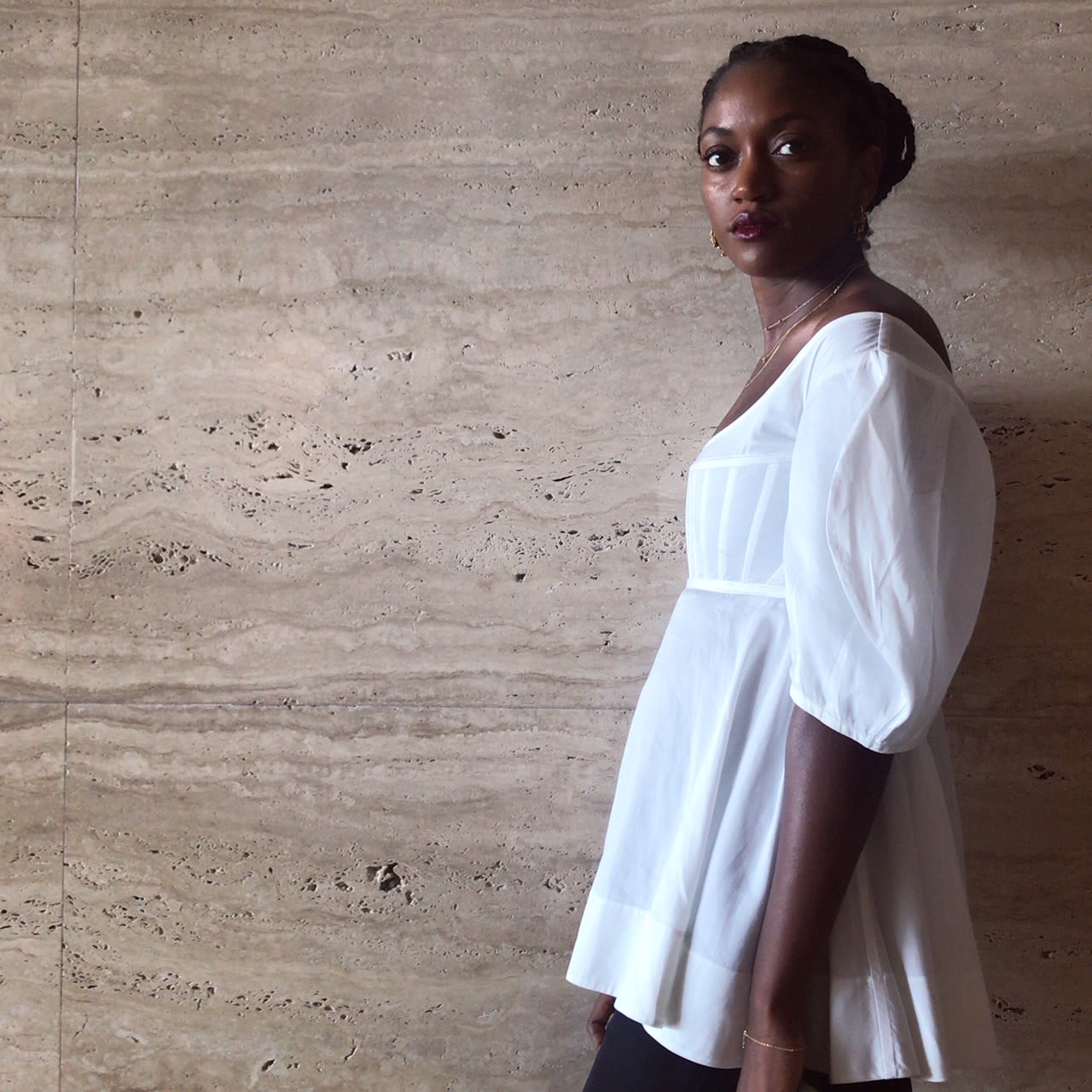
Reminiscing about her beginnings in the industry Zara explains: I can remember always wanting to work in fashion. I always had an interest and I grew up in a very creative home, my Mum is an interior decorator and I remember her being super-stylish as well. She had an enormous amount of Ferragamo shoes and she had a lot of key pieces… From a very young age our Mum really encouraged us to pursue our creative interests… So I went to Paris in 2002 to do a BA in International Communications.” Immersing herself in fashion, and luxury brands in particular was a given especially given the school’s location and Zara adds: “It really was exciting and as stimulating as you can imagine. Our campus was on Avenue Bosquet which was a few minutes from Avenue Montagne home to Dior and Chanel.” Like many the diligent student abroad, she capitalised fully on the opportunities the city presented her and an internship at FashionFile, at the time under leadership of fashion luminary Tim Blanks cemented what had previously been a nascent dream into a firm reality.
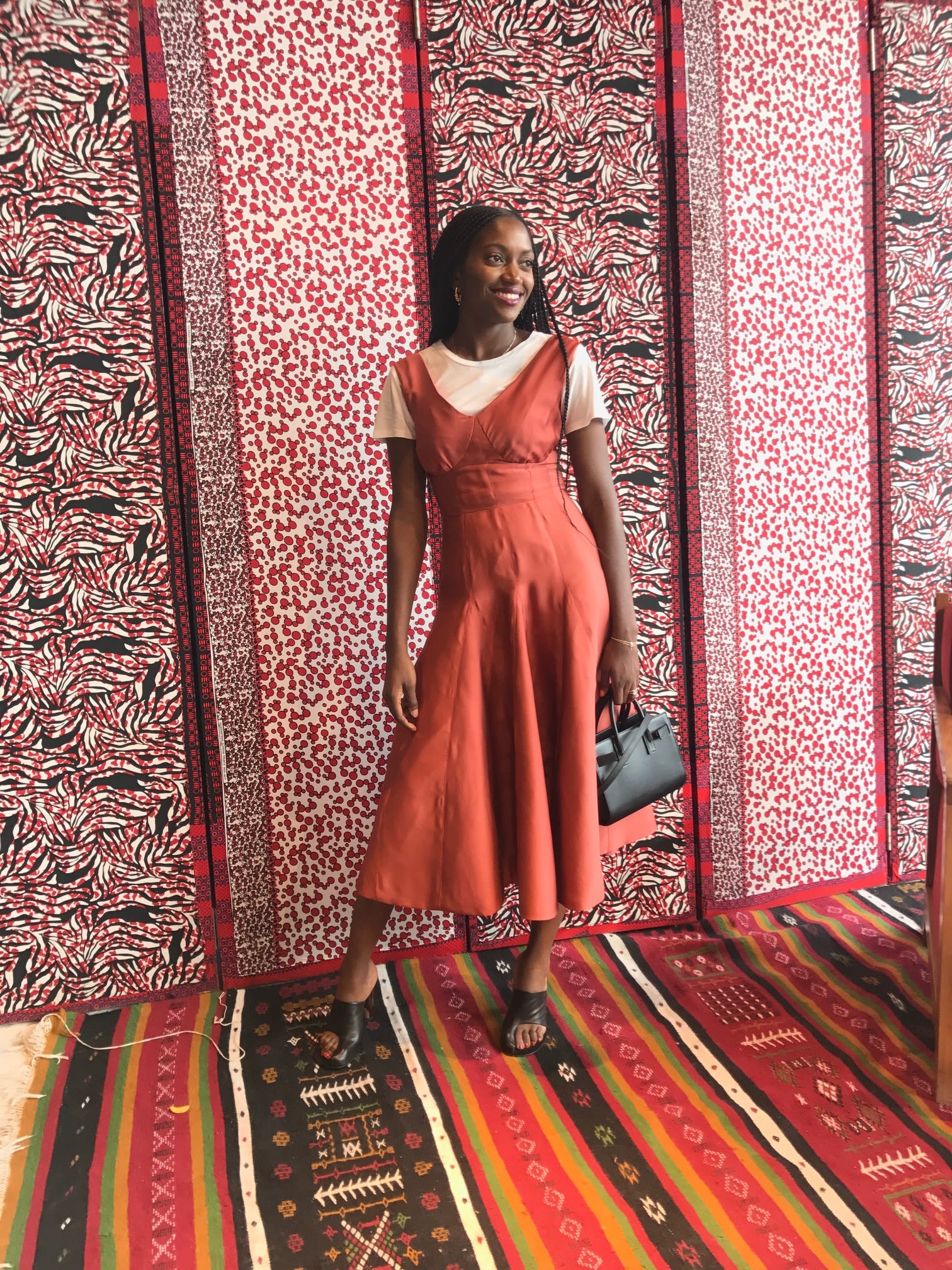
Passion coupled with commitment to sharing and expanding her knowledge in the industry informed Zara’s decision to return to Nigeria after completing her studies in Paris and London and a spell working in a number of leading Fashion PR firms. In Nigeria she is perhaps best known for her work with Lisa Folawiyo where she manages all four brands under the company which includes Lisa Folawiyo Studio, Jewel By Lisa, J Label and Pretty Precious, and also for her role as Head of Production at LFDW she notes of both: “I really believe in longevity and I really believe in loyalty…. in my case it has been really about organic growth, adding value and leaving behind a legacy of meaningful and measurable impact.” regarding her longstanding professional relationships with both Lisa and LFDW’s founder, Omoyemi Akerele. Ever one to push the boundaries of how a brand translates its messages to internal and external stakeholders she speaks proudly of her contribution to the Lisa Folawiyo portfolio of brands: “How would I say we have evolved? What I love is that we have a very clear voice, we have a very strong brand identity and there is no mistaking what a Lisa Folawiyo dress is or what our prints look like and I think that we have been able to put our mark on African fashion and expand our reach accordingly.”
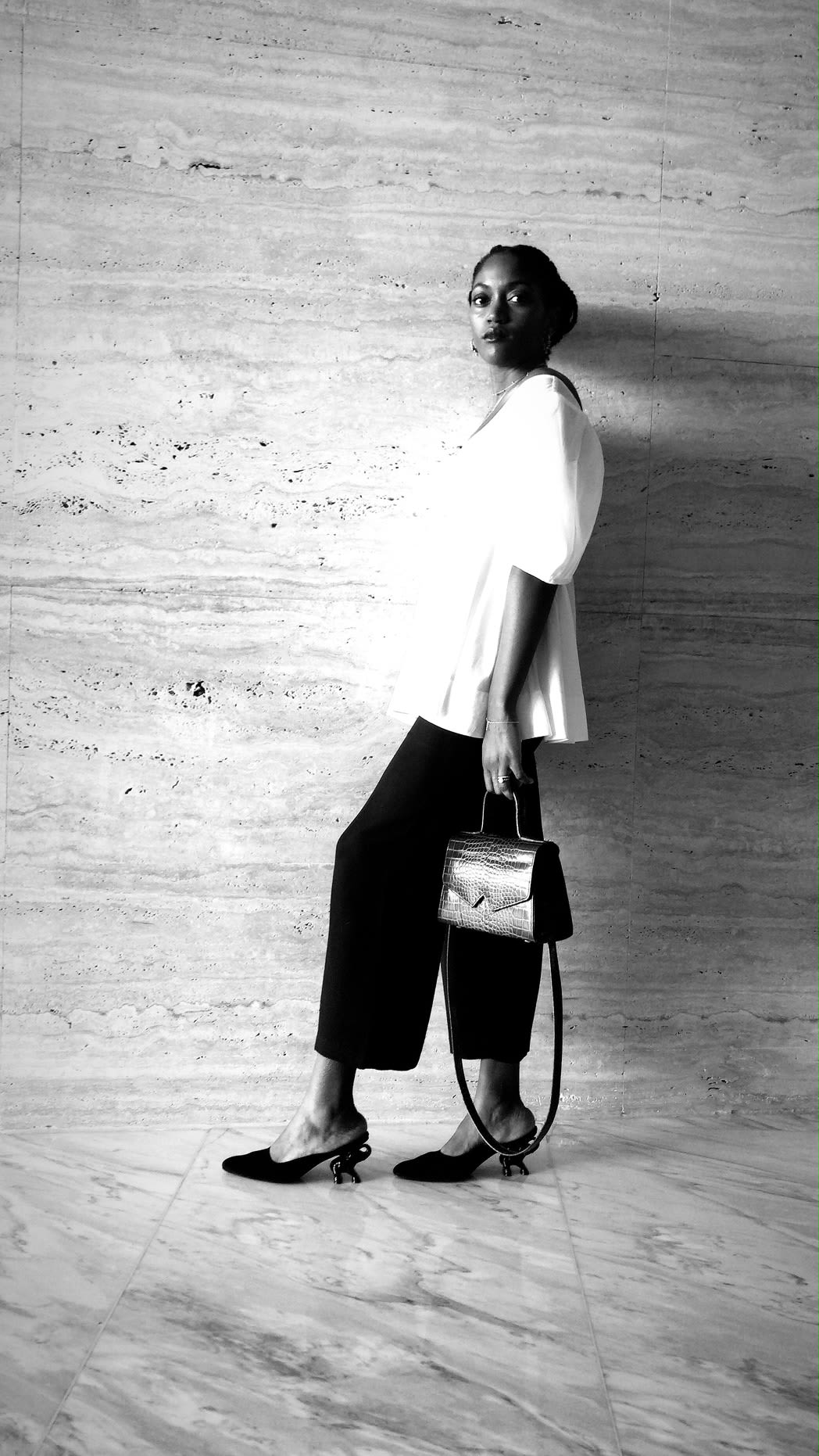
It is no surprise that Zara’s skill-set and knowledge caught the attention of a number of international players seeking to harness her expertise in articulating a brand’s aspirations and objectives in the Nigerian and African marketplaces. From spearheading the successful launch of Inglot, Poland’s make-up behemoth into Nigeria, to advising New York based online retailer Oxosi, she has a niche for co-creating solutions that not only reflect what the clients want but what the customers here in Nigeria and across Africa wish to key into. It was inevitable that she would broaden her remit to seeing how she could be part of solving the ongoing problem of sustainability and profitably in the African fashion industry and thus Designers Consociate was borne: “I think our industry needs some sort of structure, rooted in collaboration and our realities” It is this sort of approach that birthed Designers Consociate’s first successful programme with HCDC at last year’s LFDW: a total sell-out of designer shirts, manufactured in Nigeria, at the bargainista-of-life price point of N15,000. The designers who participated were Loza Maléombho, Lisa Folawiyo, Andrea Iyamah, Grey Projects, Bridget Awosika and Vathiswa by Keji, and apart from giving fashionistas the chance to own luxury at unheard of prices it was an audacious beginning for a company with big ambitions.
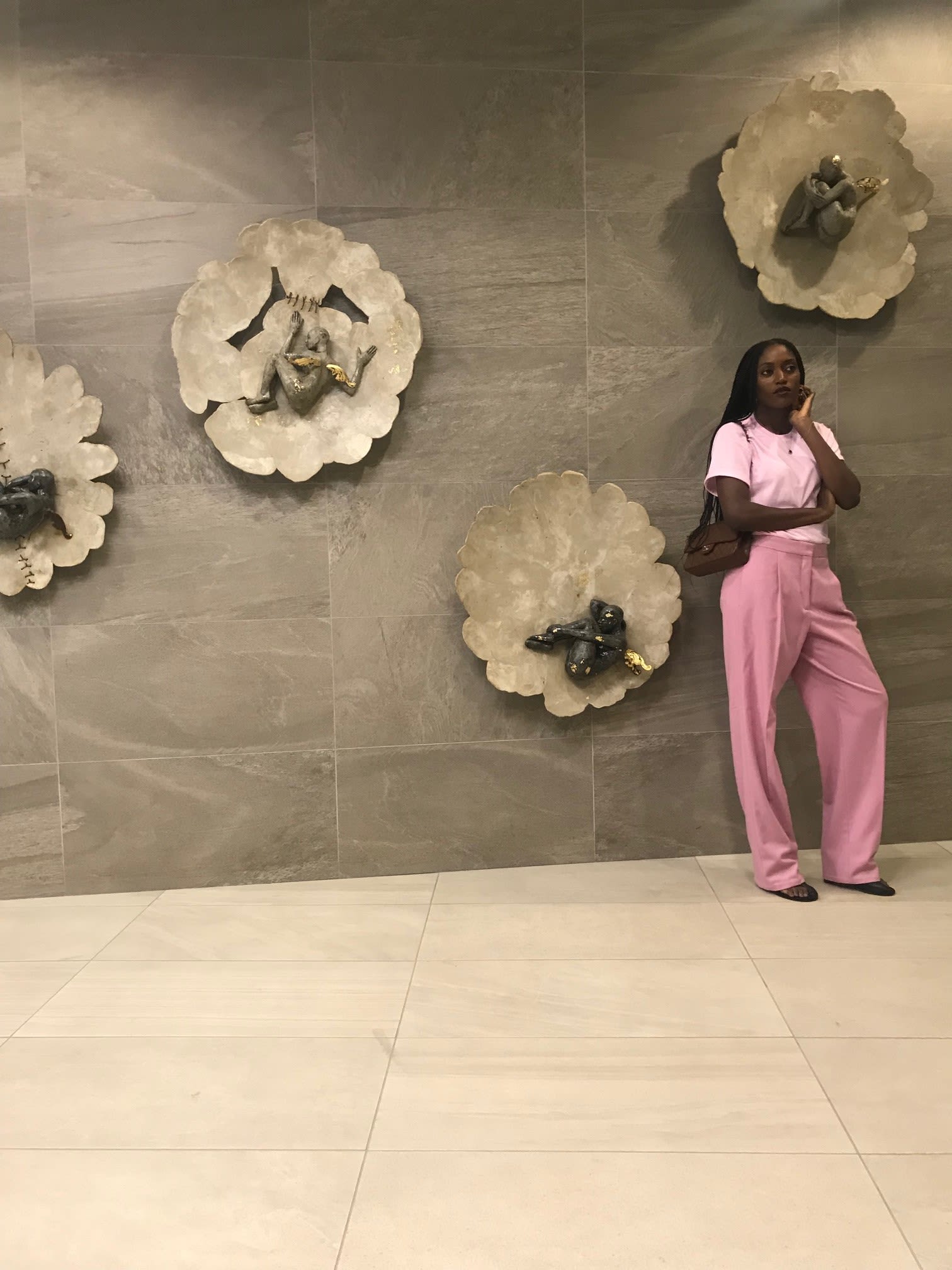
Not content with stopping there Designers Consociate continues to widen the pool of engagement. To the uninitiated we come to a fashion show, are shocked and awed by the magic on the runway, or clock a shut down look-book on instagram, and then if we can afford, proceed to order from designers. However, this is not the ideal scenario, especially in the case in Nigeria and Africa where infrastructure, foreign exchange volatility and as yet synchronised frameworks play havoc on supply-chains, stock, quality and most depressing of all for a fashion lover, price. Zara elucidates further: “I think we need to begin to think about sustainable ways to grow and develop because at the moment a lot of designers are engaging in things that are not sustainable. For example how much longer are we going to import fabric, to make pieces? How much longer are we going to not be able to produce in subtantial quantities? How much longer are we not going to standardize our sizing?” She adds: “I think it is really important for us to begin to tell our authentic stories and own our narrative. Focusing on ourselves, being realistic about scale is critical. We have spent enough time pandering for international recognition and whilst it’s important it is not imperative to success. We will grow if we begin to look inwards and find ways to synthesize the way various sectors within the industry relate to one another, and to truly understand the value of working collectively rather than in silos. It is why I founded Designers Consociate, but on a deeper level it is why I choose to work in fashion in Nigeria.”
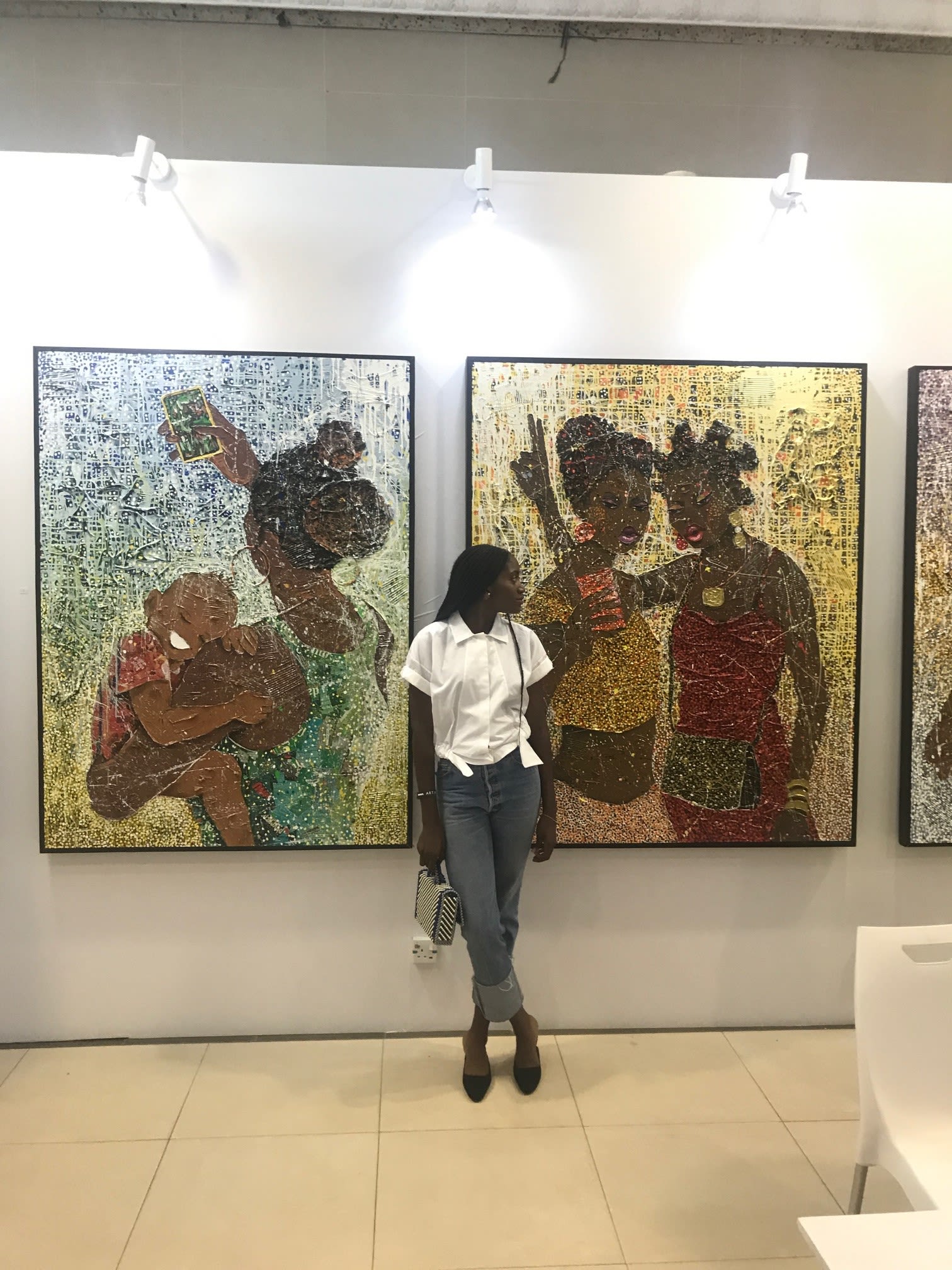
We couldn’t close our conversation without touching on Zara’s own personal style, which has been feted for as long as there has been commentary, particularly on social media. So what are the secret ingredients dare we ask? “Me as a style icon, I don’t know about that!” she exclaims…”What I have is an easy and effortless approach to style and dressing, and that’s often reflected in the brands I love and the pieces I own. For me comfort is essential… I am really moving past this idea of fast fashion and I just want to buy things that I will wear in five years time and still love. As for go-to favourite labels, in Nigeria Lisa Folawiyo, Bridget Awosika, Tsemaye Binitie are all fantastic and I cannot get enough of Zashadu bags either. When I am thinking of Africa as a whole then definitely Loza Maléombho, Awale, Christie Brown and Laduma Ngxokolo of MaXhosa by Laduma are all tremendously talented and back in Europe I love Prada and Jaquemus. But as I said before, I am all about comfort which is probably why I love denim, and remain obsessed with high-waisted Levis jeans.” Sometimes there is genius in simplicity, and as the saying goes if it ain’t broke why fix it? It is evident that the love for fashion is there, the proven track record also, and with Zara Odu and others like her at the forefront of steering the industry to greater heights, the future is truly bright.
